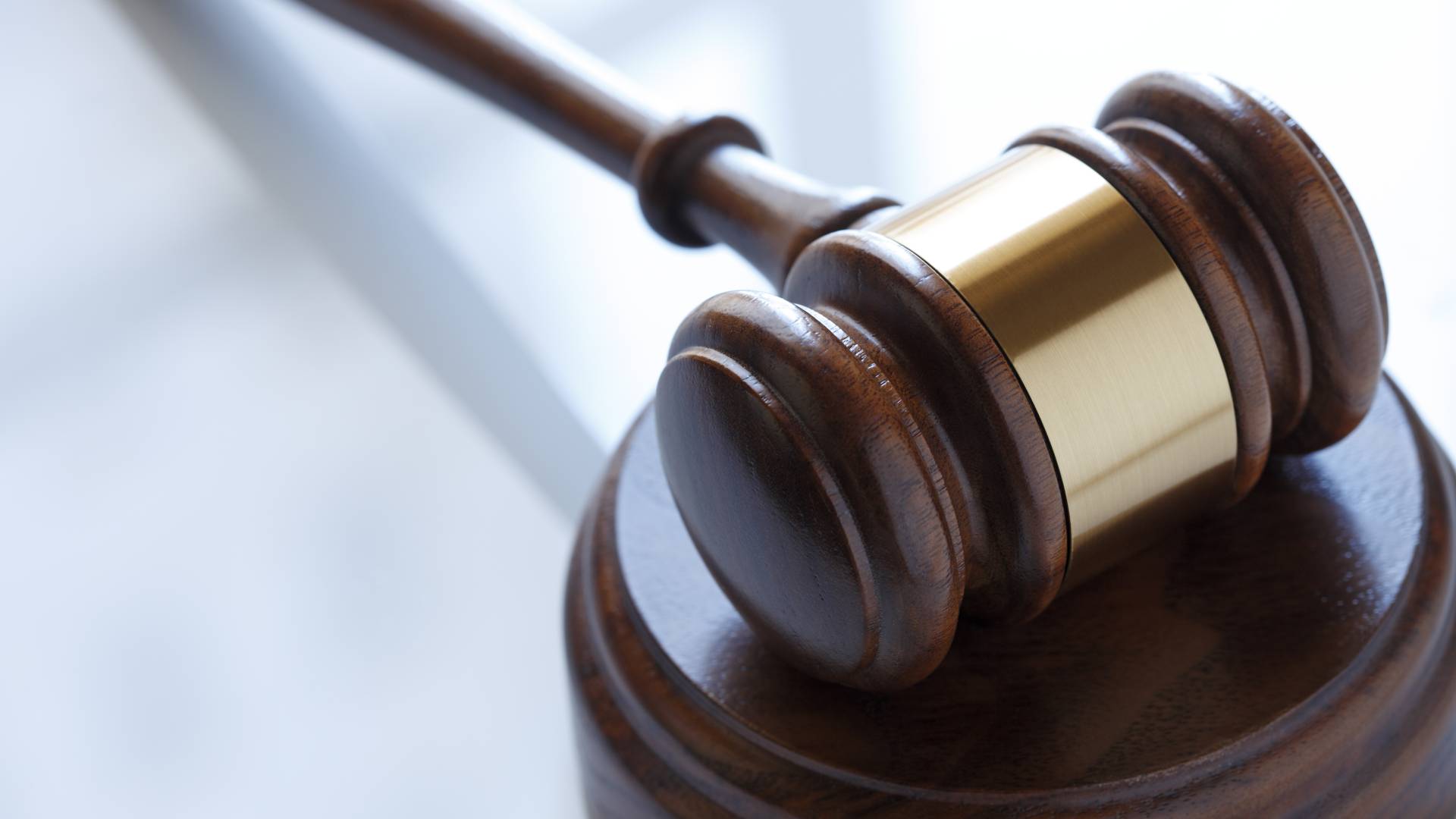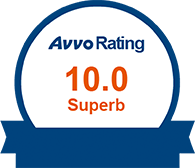
Miami Probation Violation Attorneys
What to Do if You Are Facing Criminal Charges
When an alleged offender is placed on probation or community control in Florida, it is often viewed as a favorable alternative to a prison sentence because either situation at least allows the individual to maintain some semblance of a normal life. Despite having more freedom than they would otherwise have behind bars, people are still expected to comply with all terms of their probation or community control.
Some restrictions that are placed on alleged offenders can be quite rigid, and any violation of the terms of probation or community control can lead to a possible revocation of the probation or community control—even if the violation was unknowing or completely accidental. It is important to understand that a person who is accused of violating the terms of his or her probation or community control will have to appear at a probation violation hearing, and the rules for these hearings are substantially different from traditional criminal cases.
If you have been accused of violating your probation, our Miami probation violation attorneys can help. At Hubbs Law Firm, we represent individuals accused of all types of state and federal crimes throughout Miami-Dade County and the nearby areas. We can help you understand your legal rights and work toward a favorable outcome.
Contact us today for a free consultation; call Hubbs Law Firm at (305) 570-4802.
Common Terms of Probation in Florida
Florida Statute § 948.001(9) defines probation as “a form of community supervision requiring specified contacts with parole and probation officers and other terms and conditions as provided in” Florida Statute § 948.03.
Community control is defined under Florida Statute § 948.001(3) as “a form of intensive, supervised custody in the community, including surveillance on weekends and holidays, administered by officers with restricted caseloads. Community control is an individualized program in which the freedom of an offender is restricted within the community, home, or non-institutional residential placement and specific sanctions are imposed and enforced.”
Courts determine the terms and conditions of probation or community control for alleged offenders.
Under Florida Statute § 948.03, some of the conditions of probation or community control may include any of the following:
- Report to the probation and parole supervisors as directed
- Permit such supervisors to visit him or her at his or her home or elsewhere
- Work faithfully at suitable employment insofar as may be possible
- Remain within a specified place
- Live without violating any law (convictions are not necessary for alleged violations of law to constitute violations of probation, community control, or any other form of court-ordered supervision)
- Make reparation or restitution to the aggrieved party for the damage or loss caused by his or her offense in an amount to be determined by the court
- Make payment of the debt due and owing to a county or municipal detention facility for medical care, treatment, hospitalization, or transportation received by the alleged offender while in that detention facility
- Support his or her legal dependents to the best of his or her ability
- Make payment of the debt due and owing to the state, subject to modification based on change of circumstances
- Pay any application fee assessed under Florida Statute § 27.52(1)(b) and attorney’s fees and costs assessed under Florida Statute § 938.29, subject to modification based on change of circumstances
- Not associate with persons engaged in criminal activities
- Submit to random testing as directed by the correctional probation officer or the professional staff of the treatment center where he or she is receiving treatment to determine the presence or use of alcohol or controlled substances
Probation Violation Hearings in Florida
When an alleged offender is accused of violating the terms of his or her probation or community control, that individual will have a hearing before a judge—usually the same judge that sentenced the person to probation or community control. Violations of probation or community control are either technical or substantive, with the former usually involving failure to comply with the terms of the probation or community control and the latter involving new criminal charges.
Probation or community control violation hearings are much different than criminal case proceedings, as alleged offenders have fewer legal protections. A few of the substantial differences include:
- No statute of limitations for alleged violations of probation or community control
- No right to a trial by jury, as the judge will review the facts and make a decision
- Hearsay evidence is admissible
- Alleged offenders cannot “plead the Fifth,” as they can be ordered to testify against themselves
- A prosecutor only needs to prove an alleged offender’s guilt by a preponderance of the evidence (meaning it is more likely than not that the alleged offender committed the violation) rather than the standard of beyond a reasonable doubt (meaning that a reasonable person would not have any reasonable doubt as to whether an alleged offender committed the violation)
As professional Miami criminal defense attorneys, we take every case personally give every client the deliberate care it deserves. Our clients become part of our family and we fight relentlessly for their rights. Read more about us to find out how we can help you.



Client Testimonials
-
They proved how knowledgeable and experienced they were by building a strong case
Alex Marcia -
"A loved one in our family had a very complex case and was being held in Broward County Transitional Center and faced deportation... They always kept steady communication, giving us updates, and plans of action, and answering any and all questions. Even aft"Alex M.
-
He handled all the legal details, represented me in court and had my case dismissed.
John A.










